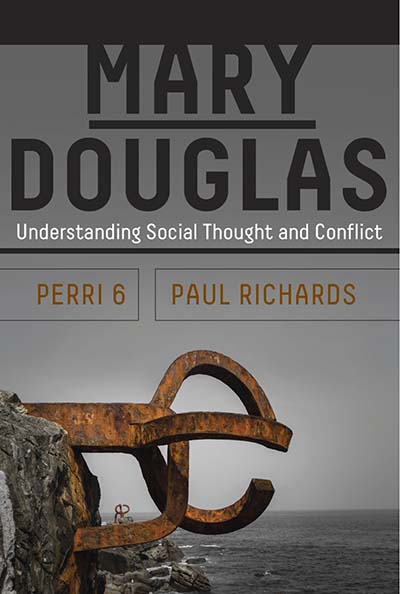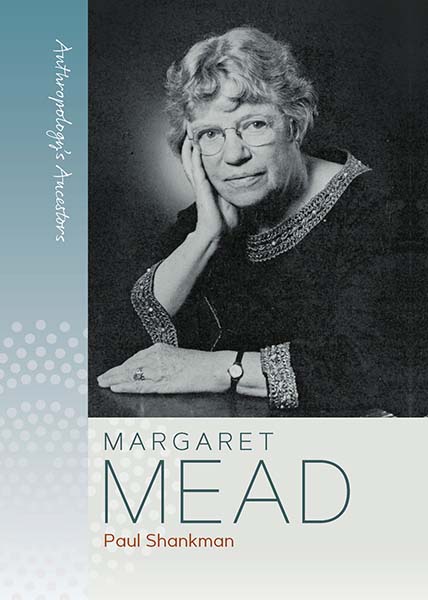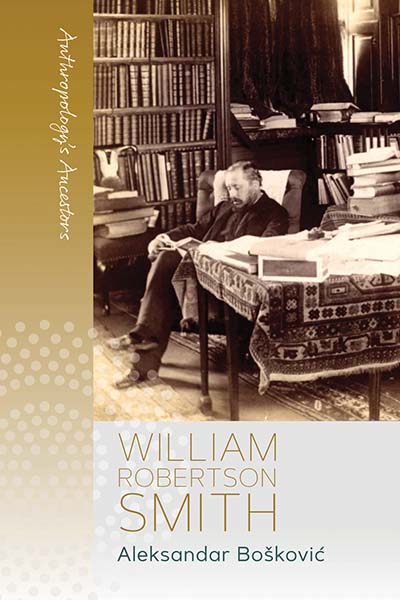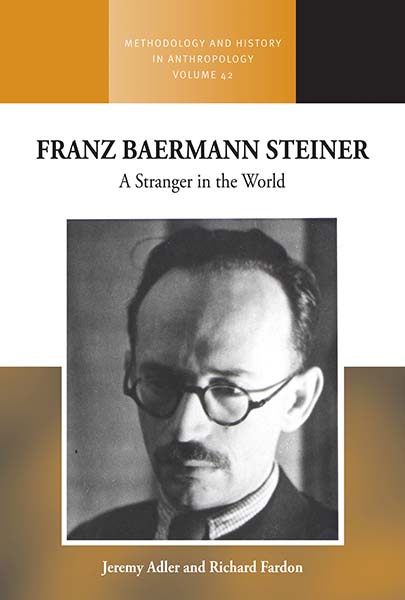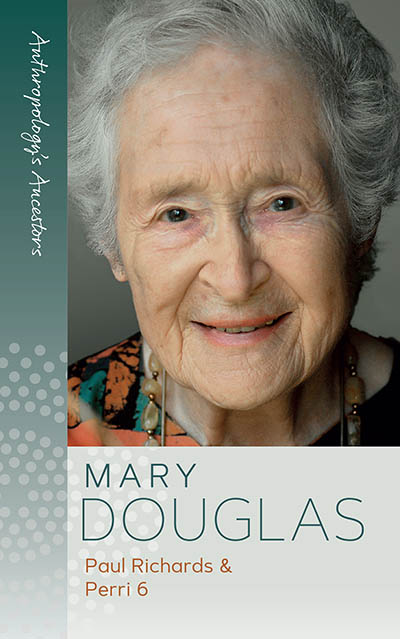
Series
Volume 4
Anthropology's Ancestors
See Related
Anthropology JournalsEmail Newsletters
Sign up for our email newsletters to get customized updates on new Berghahn publications.
Mary Douglas
Paul Richards and Perri 6
164 pages, 1 illus., bibliog., index
ISBN 978-1-80073-979-6 $120.00/£92.00 / Hb / Published (September 2023)
ISBN 978-1-80073-981-9 $24.95/£19.95 / Pb / Published (September 2023)
eISBN 978-1-80539-367-2 eBook
Reviews
“A very thought-provoking book that provides a new way to look at modern conflict, disinformation and the loss of trust in institutions. Douglas's ideas are particularly timely now - but not well understood. This offers a lively, clear guide to her key thoughts - and a great frame to understand a world spinning out of control.” • Gillian Tett, Provost of King’s College Cambridge
“The book is well written, adopting something of Mary’s own freedom of association. I think the authors are correct to plead for her relevance for contemporary anthropology. Especially when they are talking about apparently unsurmountable vicious polarizations.” • Peter Fry, Federal University of Rio de Janeiro (UFRJ)
“This is a big book that happens to be short in length, a master class in lucid compression that faces both past and future: outlining Douglas’s biography and times, explaining her theories and their myriad applications, while building an original synthesis on her legacy.” • Richard Fardon, SOAS University of London
Description
This handy, concise book covers the life of Mary Douglas, one of the most important anthropologists of the second half of the 20th century.
Her work focused on how human groups classify one another, and how they resolve the anomalies that then arise. Classification, she argued, emerges from practices of social life, and is a factor in all deep and intractable human disputes.
This biography offers an introduction to how her distinctive approach developed across a long and productive career and how it applies to current pressing issues of social conflict and planetary survival.
From the Preface:
The influence of Professor Dame Mary Douglas (1921-2007) upon each of the social sciences and many of the disciplines in the humanities is vast. The list of her works is also vast, and this presents a problem of choice for the many readers who want to get a general idea of what she wrote and its significance, but who are somewhat baffled about where to begin. Our book offers a short overview and suggests why her key writings remain significant today.
Paul Richards held chairs in Anthropology at University College London and at Wageningen University in the Netherlands. Currently, he is a member of the School of Environmental Sciences at Njala University Sierra Leone, where he directs research on climate change, food security and health. His publications include Ebola: How a People's Science Helped End an Epidemic (Zed Books, 2016).
Perri 6 is Professor in Public Management at Queen Mary University of London. His previous books include Explaining Political Judgement (Cambridge University Press, 2011) and Principles of Methodology: Research Design in Social Science (with Christine Bellamy, Sage, 2012).
Subject: Anthropology (General)Theory and Methodology
Contents
Download ToC (PDF)

